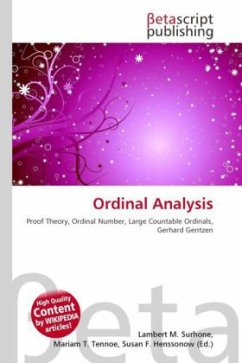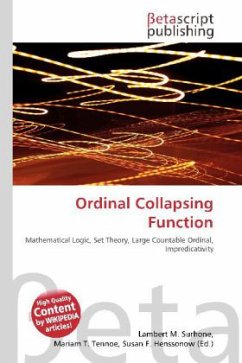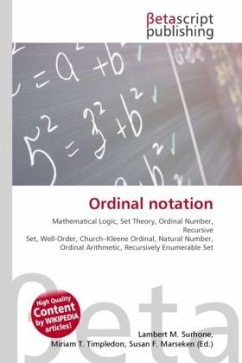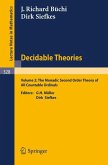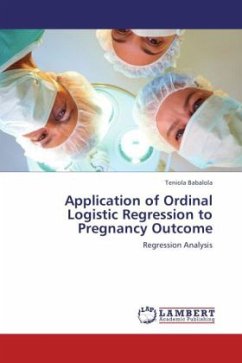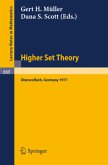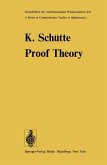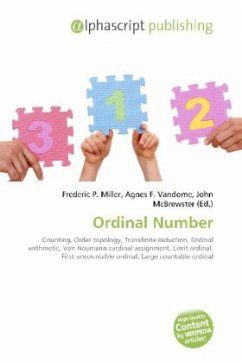Please note that the content of this book primarily consists of articles available from Wikipedia or other free sources online. In proof theory, ordinal analysis assigns ordinals (often large countable ordinals) to mathematical theories as a measure of their strength. The field was formed when Gerhard Gentzen in 1934 used cut elimination to prove, in modern terms, that the proof theoretic ordinal of Peano arithmetic is 0.Ordinal analysis concerns true, effective (recursive) theories that can interpret a sufficient portion of arithmetic to make statements about ordinal notations. The proof theoretic ordinal of such a theory is the smallest recursive ordinal that the theory cannot prove is well founded the supremum of all ordinals for which there exists a notation o in Kleene''s sense such that T proves that o is an ordinal notation. Equivalently, it is the supremum of all ordinals such that there exists a recursive relation R on (the set of natural numbers) which well-orders it with ordinal and such that T proves transfinite induction of arithmetical statements for R.
Bitte wählen Sie Ihr Anliegen aus.
Rechnungen
Retourenschein anfordern
Bestellstatus
Storno

